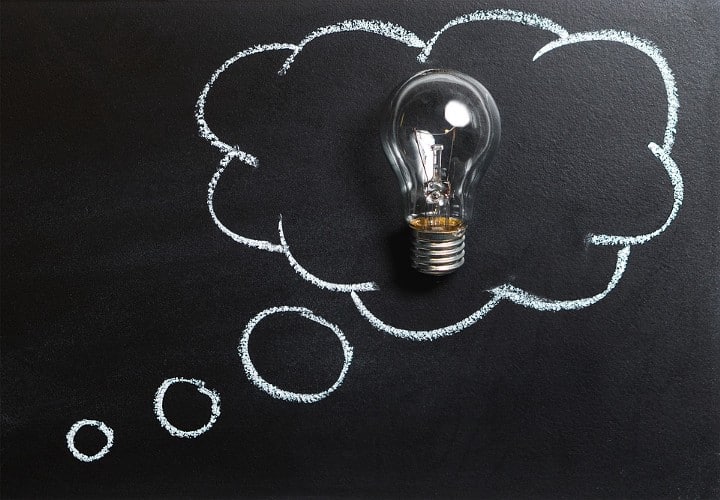
Current events have placed old memories into our watercooler conversations, and it just so happens that I have been binge listening to Malcolm Gladwell’s podcast series called Revisionist History. In season 3, he provides a series of episodes on memory. In these, he documents, in his unique professorial style, every detail fully researched yet with an everyman, engaging delivery; how what we KNOW to be true as a memory is almost always not exactly so.
One of the examples he gave is how people remember 9/11. Since this was a seminal event, it has a “flashbulb” effect, one that would sear deep into your memories. Yet, Gladwell relayed a conversation he had with a close friend who was certain that he had told her about his certain flight the next day, and that it would be OK, since it would be the “safest time to fly.”
He asked again to make sure she was certain of the memory. He himself didn’t quite remember that conversation at all, yet since her memory of the other events of that morning were so strong, he assumed that it had occurred and he just forgot. Later, when he checked his travel records, he learned he didn’t have a flight on the 12th; it wasn’t until the 19th.
This later date makes his statement about the safety of flight more logical; it would have been after the airports reopened with more stringent security precautions. His friend had taken the conversation from over a week later and glued it to their discussion of the morning of 9/11. And yet, it is a real memory… for her.
I was discussing this issue of memory with my wife, Samantha, but the 9/11 example wasn’t a good one. We were together and had a nearly identical narrative of where we were, who we were with, and what we talked about. So I switched to the Challenger explosion. I relayed that I was in Charlotte, North Carolina, had just left the offices of Broadway and Seymour, and entered a First Union Bank branch where there was a TV displaying the launch. I was stopped dead in my tracks as the rocket exploded.
Samantha relayed that she was driving in her car in Orlando, Florida, headed to her mother’s house when she heard the news on the radio. I was immediately convinced that she was mistaken in her memory; how could she have been in Orlando when we had already moved our family to North Carolina? But then, she asked me when the Challenger explosion occurred.
I looked it up; it was January 28, 1986. We didn’t move to North Carolina until March of 1986. I must have been in NC, but Samantha and our kids were still in Orlando. It was my memory that was faulty, and not hers. So sorry Samantha!!!
My point is that we have to be more questioning of how certain we are of our long term memories, particularly with non-flashbulb events. And even with flashbulb events, we may mangle up some of the details.
A study was conducted after 9/11 where scientists got individuals to write out a narrative of their experience with the said event — where they were, who they were with, what was the conversation about. They did this in varying time periods: one week, one month, 6 months, and 1 year. Even after just a year, there were significant variances in their stories; right after the event, someone said they were in the kitchen, 6 months later, they declared they were in the laundry room. What’s even more jarring is that when they were shown their narrative, written by their own hands directly after the event, which clearly and differently defined the details of the incident, many of the subjects refuted their statements.
“I have no idea why I would have written this; it didn’t happen that way,” was a common theme amongst the subjects.
I always try to get my children to avoid absolutes, particularly “always” and “never.” A life lived is, God willing, a long time. How do we know what we would always or never do? At a minimum, we certainly should not use those terms when referring to our memories …